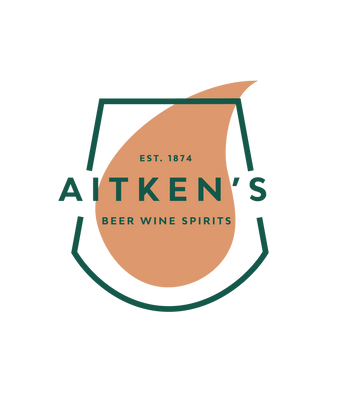Images are for illustrative purposes only and, unless clearly stated in the product title or description, labels and vintages may differ from those shown.
| Grape | 85% Pinot Grigio, 11% Barbera, 4% Pinot Nero, Rosé Blend |
| Style | Dry, Rosé, Light Bodied, Red Fruits, Juicy, Fruit Forward, Food Friendly, Easy Drinking |
| Country | Italy |
| Region | Lombardy |
| Volume | 75cl |
| ABV | 12% |
| Dietary | Vegetarian, Vegan |
Mirabello Pinot Grigio Rosé is a refreshing, dry and fruity rosé from Provincia di Pavia IGT. With delicate aromas of red berries and a juicy palate of ripe red berry and cherry fruit, this wine pairs perfectly with salads, cold meats, and seafood dishes. Its light creaminess and zesty acidity lead to a crisp, dry finish. Serve chilled for the perfect aperitif.
About the Producer
Established in 2003, Adria Vini is a winemaking venture jointly owned by Boutinot and Araldica Castelvero, the leading co-operative in the Monferrato hills of Piemonte. The stated aim is to produce authentic, well-priced still and sparkling wines from local grape varieties. All aspects of production, from grape selection through to vinification, maturation, blending and bottling are meticulously overseen by Araldica's winemaking team of Claudio Manera and Lella Burdese - assisted by Boutinot's Tony Brown MW. They source from a range of private growers and cooperatives, with whom they have built long term relationships, principally in Veneto, Friuli, Lombardy, Sicily, Puglia, Abruzzo and Sardinia.
Vineyard and Winery
Produced from grapes grown in the Pavia region of northwest Italy. The ripest grapes were selected from mature hillside vineyards and hand harvested in early September. The extra ripeness allows the dark-skinned Pinot Grigio grapes develop a pink tinge which is further enhanced by the addition of a small proportion of Barbera and Pinot Noir grapes from the same vineyards. The grapes were harvested at optimum ripeness together, and the skins left in contact with the juice for 12 hours at low temperature before gentle pressing. After a slow, cool fermentation in temperature-controlled stainless steel tanks the wine was bottled young to preserve freshness and aromas.
Reviews
Net Orders Checkout
| Item | Price | Qty | Total | |
|---|---|---|---|---|
| Subtotal |
£0.00 |
|||
| Shipping | ||||
| Total | ||||


